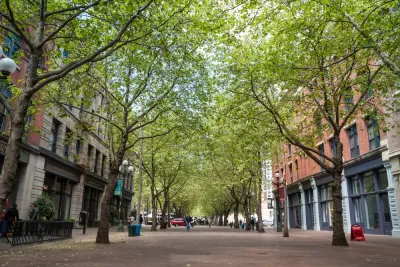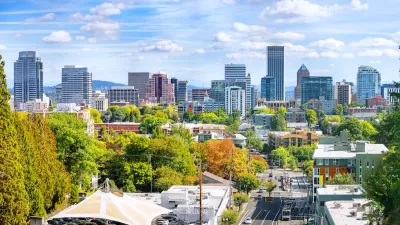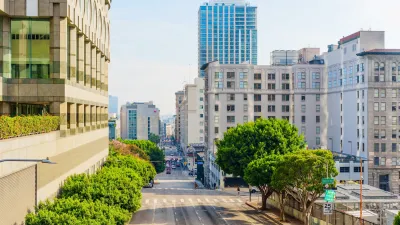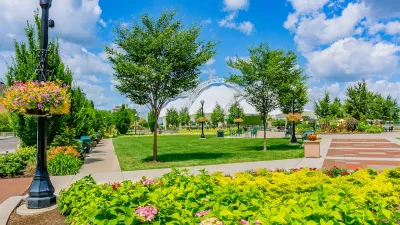Experts emphasize that planting and maintaining trees in urban areas is essential for reducing extreme heat, cooling cities, and preventing heat-related illnesses, especially as heatwaves become more frequent and severe.

As extreme heat events become more frequent and severe due to climate change, experts are urging cities to rely more on trees to mitigate rising temperatures. At a symposium titled Urban Forestry for Changing Times, over 150 arborists, scientists, and community members gathered to discuss the urgent need to plant more trees in California’s urban areas. Researchers like Edith de Guzman from UCLA emphasized that trees are not just aesthetic, but essential for cooling communities by blocking sunlight and providing evaporative cooling.
Scientific studies show that tree canopies can reduce ground temperatures by 11 to 19 degrees compared to areas without trees. Cindy Blain of California ReLeaf, a nonprofit promoting tree planting, noted that trees play a critical role in cooling urban spaces and should be strategically and carefully selected and maintained. The challenge, especially in California, is ensuring trees receive adequate water since they cannot be left unattended after planting as they might be in other regions.
As reported by Rob Hayes, experts highlighted the importance of trees in reducing heat-related illnesses and deaths, particularly in communities with fewer trees. According to de Guzman, neighborhoods shaded by trees experience lower instances of heat-related health issues, underlining the potential life-saving benefits of expanded urban forestry. As temperatures continue to rise, tree planting and care will be vital in protecting vulnerable populations from the harmful impacts of extreme heat.
FULL STORY: Experts: Lean on trees for relief from extreme heat, heatwaves

Planetizen Federal Action Tracker
A weekly monitor of how Trump’s orders and actions are impacting planners and planning in America.

Congressman Proposes Bill to Rename DC Metro “Trump Train”
The Make Autorail Great Again Act would withhold federal funding to the system until the Washington Metropolitan Area Transit Authority (WMATA), rebrands as the Washington Metropolitan Authority for Greater Access (WMAGA).

DARTSpace Platform Streamlines Dallas TOD Application Process
The Dallas transit agency hopes a shorter permitting timeline will boost transit-oriented development around rail stations.

Parks: Essential Community Infrastructure — and a Smart Investment
Even during times of budget constraint, continued investment in parks is critical, as they provide proven benefits to public health, safety, climate resilience, and community well-being — particularly for under-resourced communities.

Porches, Pets, and the People We Grow Old With
Neighborhood connections and animal companions matter to aging with dignity, and how we build can support them. Here’s a human-scale proposal for aging in place.

Single-Stair Design Contest Envisions Human-Scale Buildings
Single-stair building construction is having a resurgence in the United States, where, for the last several decades, zoning codes have required more than one staircase in multi-story housing developments.
Urban Design for Planners 1: Software Tools
This six-course series explores essential urban design concepts using open source software and equips planners with the tools they need to participate fully in the urban design process.
Planning for Universal Design
Learn the tools for implementing Universal Design in planning regulations.
City of Charlotte
Municipality of Princeton
City of Camden Redevelopment Agency
City of Astoria
Transportation Research & Education Center (TREC) at Portland State University
US High Speed Rail Association
City of Camden Redevelopment Agency
Municipality of Princeton (NJ)





























